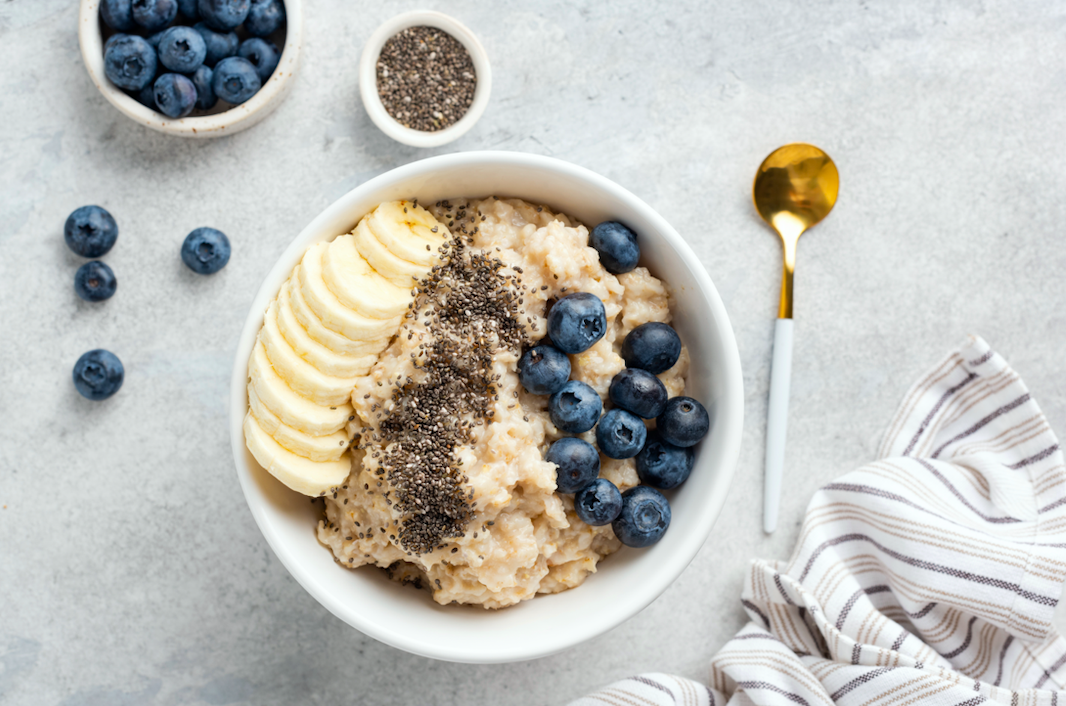Innovative Approaches to Weight Loss
Part 1: Achieving a Healthy Weight
By: Leslie Frodema, RN and Hopkins Medical Group
Is a diet always the best method for losing weight?
A lot of people think that losing weight is, if not easy, at least simple: calories in, calories out, right? Not always. Eating less and exercising more sometimes does not lead to weight loss, which can be frustrating when you think you’re doing all the right things but not getting the results you want.
In this article, we’ll take a look at other considerations for weight loss, and how they may be impacting your efforts. In part 2, we’ll provide effective solutions for addressing these factors.
Quantity and quality of sleep
Most of us have the occasional sleepless night, but chronically getting less than seven or eight hours of sleep has been shown to affect body weight. Not getting enough sleep can make you crave higher-calorie foods, and also reduces your ability to resist them.
Lack of sleep also has a negative impact on the body’s ghrelin and leptin levels. Ghrelin, the hormone that increases appetite, is elevated when you’re not getting enough sleep. Leptin, which is a hormone that signals fullness and suppresses appetite, is decreased with less sleep.
Food itself – all calories are not created equal
When making dietary decisions, it’s helpful to get the best nutritional bang for your buck. Instead of so-called “empty” calories like soda or heavily processed foods making up your daily caloric intake, try incorporating nutrient-dense foods like fruits, vegetables, and other whole foods. These foods supply your body with the nutrients it needs to support metabolic function and ensure that organs like your thyroid are operating effectively. Plus they’re high in fiber which will keep your blood sugar level stable, your digestive system working well, and help you feel full more quickly and for longer. An added bonus is that they are replacing highly processed foods that often contribute to inflammation.
Sometimes even foods that are considered healthy may not be healthy for you. Bloating, fatigue after eating, and skin problems are some signs of a food allergy or sensitivity. Many common foods like corn, wheat, dairy, citrus fruits, and soy are culprits in causing reactions that contribute to weight gain and other issues. Continuing to eat foods that you are reactive to can lead to inflammation, which is a contributing factor to obesity and which can make weight loss difficult to achieve.

The health of the microbiome
Our digestive tracts are comprised of a huge number of microorganisms that influence many aspects of our health, including the ability to maintain a healthy body weight. Our gut microbes influence how efficiently our bodies can extract energy from the food we eat.
Leaky gut, more formally known as increased intestinal permeability, occurs when the intestinal lining has cracks or gaps that allow toxins and partially digested foods to cross the barrier into your bloodstream, creating inflammation throughout the body. One of the contributing causes of obesity is inflammation.
Hormonal balance
There are several hormones that can make or break your weight loss efforts, including ghrelin and leptin, which we’ve discussed above, along with cortisol and thyroid hormones.
An underactive thyroid, also known as hypothyroidism, results in your thyroid not releasing enough thyroid hormone. This can slow down your metabolism which, in turn, can make it very difficult to lose weight, and often results in weight gain until properly treated.
If you often feel stressed out and find yourself in a state of anxiety, overthinking everything, you are probably releasing high levels of cortisol. Cortisol puts you in fight-or-flight mode, which is the opposite of the rest-and-digest mode your body needs to be in to make use of the nutrients in the food you’re eating. High stress levels also lead to emotional eating.
Exercise can be very beneficial for overall health and is commonly included as an important component in a weight loss strategy, but working out for too long or at too high a level of intensity can contribute to the release of too much cortisol and end up undermining weight loss efforts.
Emotional eating
Food is often used as a source of comfort, stress relief, and even entertainment. When you’re eating for reasons other than nourishment, it becomes very easy to take in more calories than your body can utilize. Moreover, the foods most of us choose for comfort eating are high fat or high in refined carbohydrates (and often both), and usually high in refined sugar. Not only do these foods contain plenty of extra calories, but they also negatively impact microbiome health.
In part 2, we’ll cover how to address all of these disparate elements by using HMG’s expertise to create a weight loss strategy that works for you.
